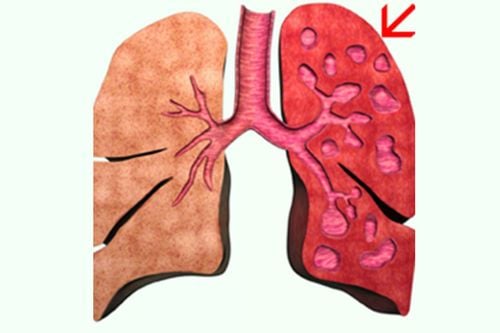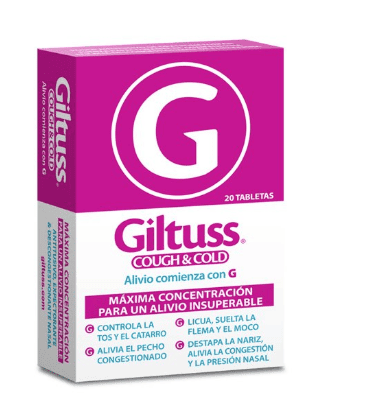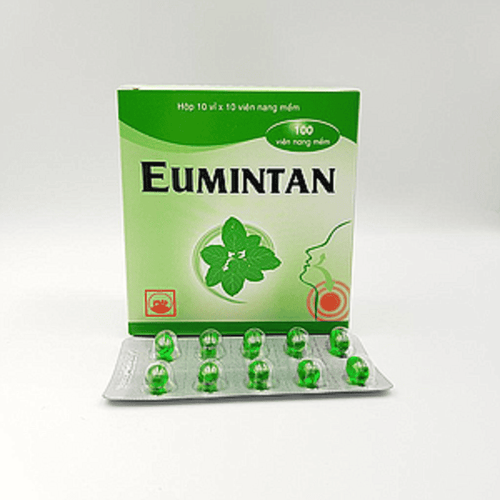This is an automatically translated article.
Hasalbu is often prescribed by doctors to treat patients with breathing problems. Hasalbu has been researched and proven to be effective in respiratory-related diseases such as bronchial asthma, airway obstruction causing difficulty breathing for patients. Here, let's learn more about the drug Hasalbu has any effect as well as notes when using the drug.
1. What is the effect of Hasalbu?
Hasalbu is created by the ingredient Salbutamol with the content of 2mg and excipients just enough. Salbutamol is a beta-adrenergic stimulant and has a highly selective effect on beta2 receptors. Therefore, they will act on smooth muscle to dilate bronchi, reduce uterine contractions, and vascular smooth muscle. However, salbutamol has little effect on beta1 receptors, so it has little effect on the heart.
Hasalbu drug is effective in the treatment and prevention of bronchial asthma attacks, used in the investigation of respiratory function, treatment of reversible obstructive airway disease. Treatment of severe asthma attacks, chronic asthma or chronic bronchitis and alveolar diseases. Prevent asthma before exercise or strenuous activity.
In addition, Hasalbu is indicated for short-term use when pregnant women go into early labor without any complications, occurring from 24 to 33 weeks of pregnancy..
2. Dosage and how to use Hasalbu
The patient uses the correct dose of medicine prescribed by the doctor at the same time as taking the medicine. Below is the dosage and use of the drug for reference only.
In the treatment of diseases related to the respiratory tract:
For adults: take 2 - 4 mg / time x 3 - 4 times a day. In some cases, the dose can be increased to 8 mg/time. Elderly people or people who are very sensitive to Beta 2 stimulants should start with a dose of 2mg / time x 3 - 4 times / day. Children from 2 to 6 years old: give 1-2 mg/time x 3-4 times/day. For children over 6 years old: 2 mg/time x 3-4 times a day. In the event of an asthma attack due to exercise: Adults should take 4mg 2 hours before exercise. For older children, 2 mg should be taken 2 hours before exercise. Use in obstetrics:
For premature labor: The usual dose is 16mg/day divided into 4 times. During treatment, the dose can be adjusted according to clinical progress. It is necessary to monitor the heart rate when using, the patient's heart rate should not exceed 120 - 130 beats / min.
Use in the treatment of postpartum uterine contractions: 8 mg/day divided into 4 times.
When taking an overdose, there may be some symptoms of poisoning for the body, depending on the severity, some symptoms may appear such as: Irritability, headache, dizziness, dizziness , nausea, restlessness, tremor of the extremities, tachycardia, arrhythmia, blood pressure changes, convulsions, possibly hypokalemia.
Treatment of overdose:
If the poisoning is severe, it is necessary to stop taking Hasalbu immediately. It may be necessary to wash the stomach and treat the symptoms. Use beta-blockers (eg, metoprolol tartrate) when necessary and with caution because of the risk of bronchospasm. Such treatment must be carried out in a hospital.
3. Side effects when using Hasalbu
Common effects when using hasalbu must be mentioned such as:
Palpitations, feeling of palpitations Tachycardia, peripheral vasodilation Tremor of the muscles of the extremities (especially in the fingers). Undesirable effects when using Hasalbu are less common including:
Bronchospasm Dry mouth, irritated throat Cough and hoarseness Decreased blood potassium, or cramps Ease of excitement, headache, edema, urticaria Lower blood pressure, collapse. In addition, other side effects may be encountered in some cases such as: Salbutamol taken orally can easily cause muscle tremors, mainly in the extremities, palpitations, sinus tachycardia. But this effect is rarely seen in children. If taken in high doses can cause tachycardia. Gastrointestinal disturbances (such as nausea, vomiting) may also occur, but are very rare. Inform your doctor about unwanted effects when using Hasalbu medicine.
4. Notes when using Hasalbu
When using Hasalbu, there should be some notes as follows:
Hasalbu is contraindicated for use in:
Allergy to any ingredient of the drug. Treatment of threatened miscarriage in the first 3-6 months of pregnancy. People with severe heart disease. Attention should be paid to pregnant and lactating women. When the drug is used at the usual dose, the undesirable effects are usually due to an exacerbation of asthma. Therefore, patients are not allowed to increase the dose on their own, but have to go back to the doctor to get appropriate treatment measures.
Hasalbu dose in obstetrics is relatively high, so it is easy to cause side effects for the mother. When using the drug must be used in a hospital and under the close supervision of a doctor.
Cases that also need to be noted and used with caution: patients with Graves' disease, thyrotoxicosis, ventricular arrhythmias, obstructive cardiomyopathy, coronary circulation disorders, hypertension, diabetes.
All cases need to be approved by a doctor to be allowed to use Hasalbu . Tell your doctor about your current health condition before taking the medicine.
Hasalbu may interact with some medications, so let your doctor know before deciding to take a medication. Oral Hasalbu should not be combined with beta-blockers such as propranolol. Caution should be exercised when co-administering with other antidiabetic and beta-agonist drugs.
Hasalbu medicine should be used according to a specific instruction and prescribed by a doctor. Patients should not arbitrarily change the dose of the drug to avoid unwanted effects. Get advice from your doctor if you have any questions that need to be answered when using Hasalbu.













